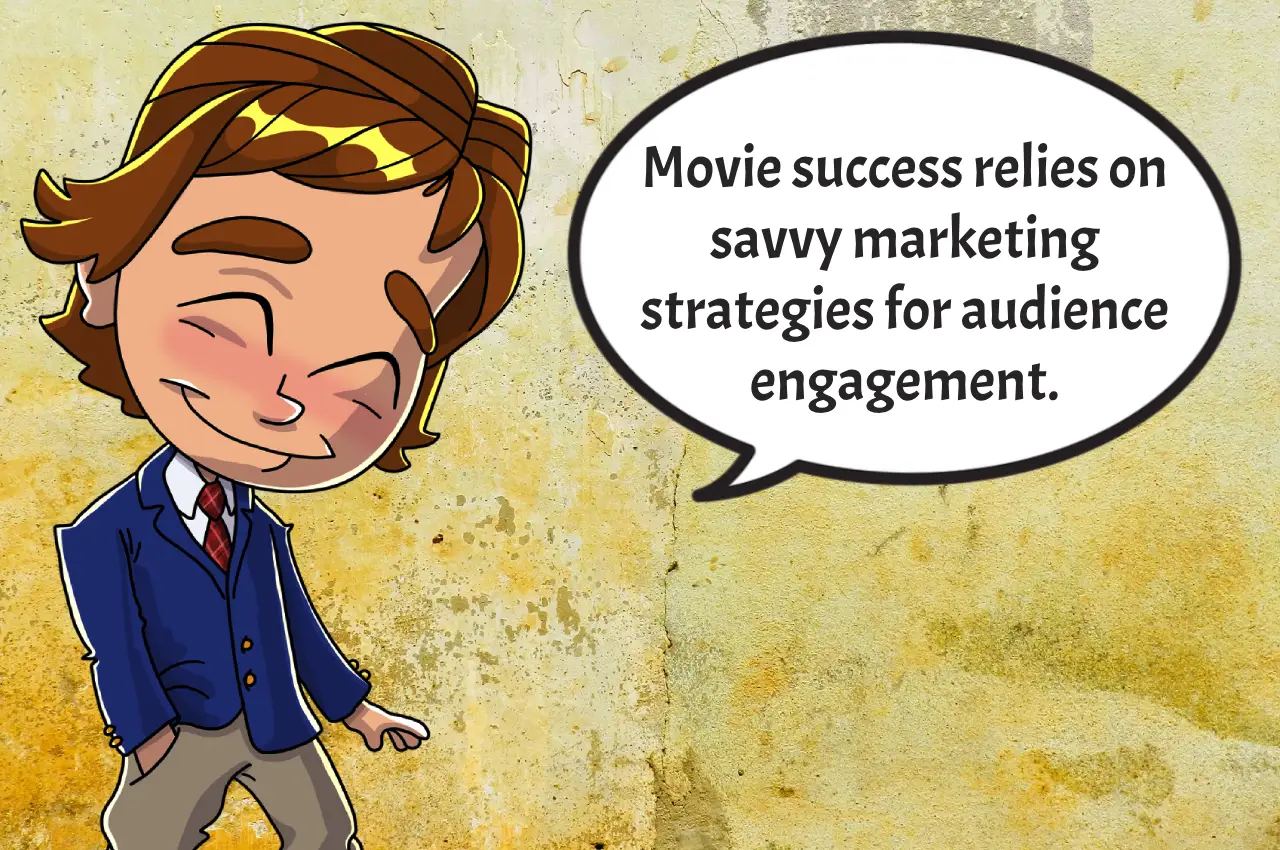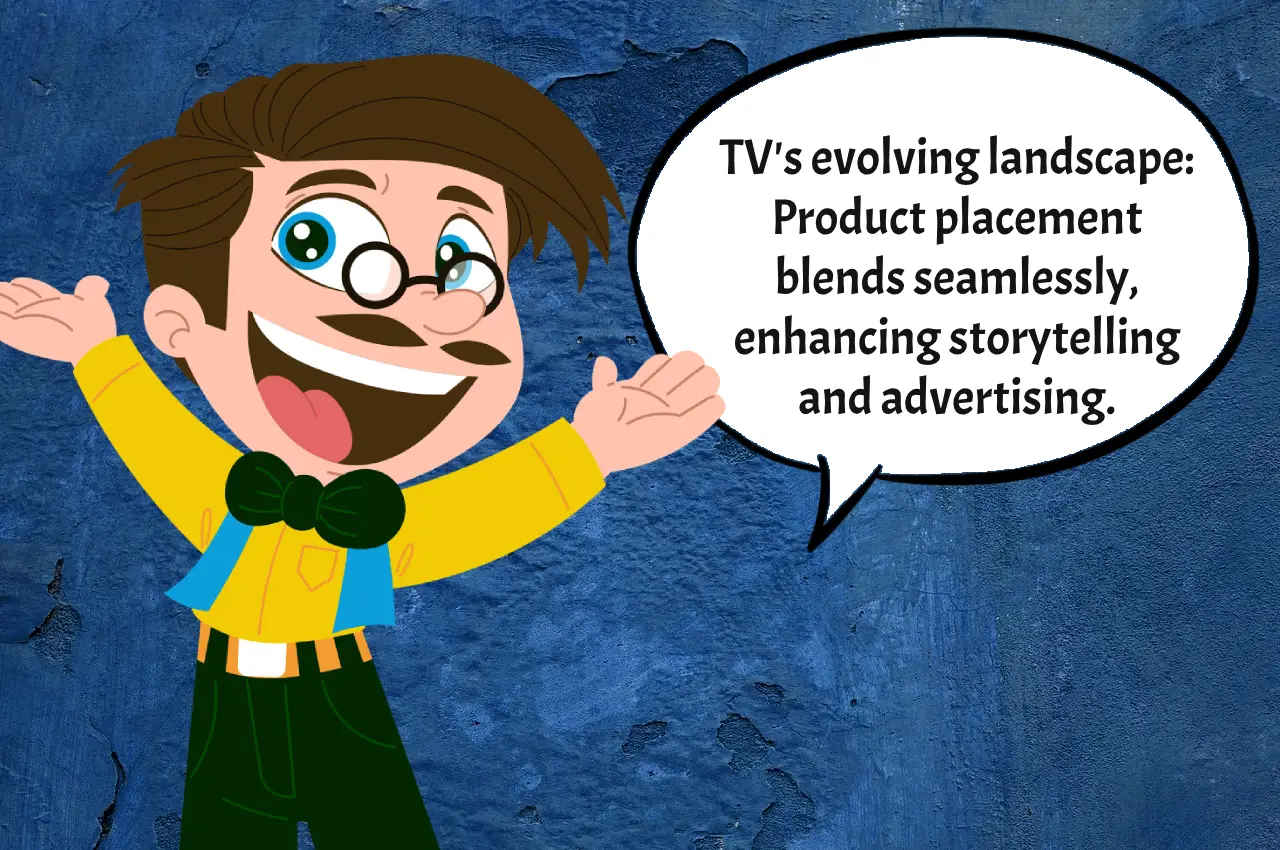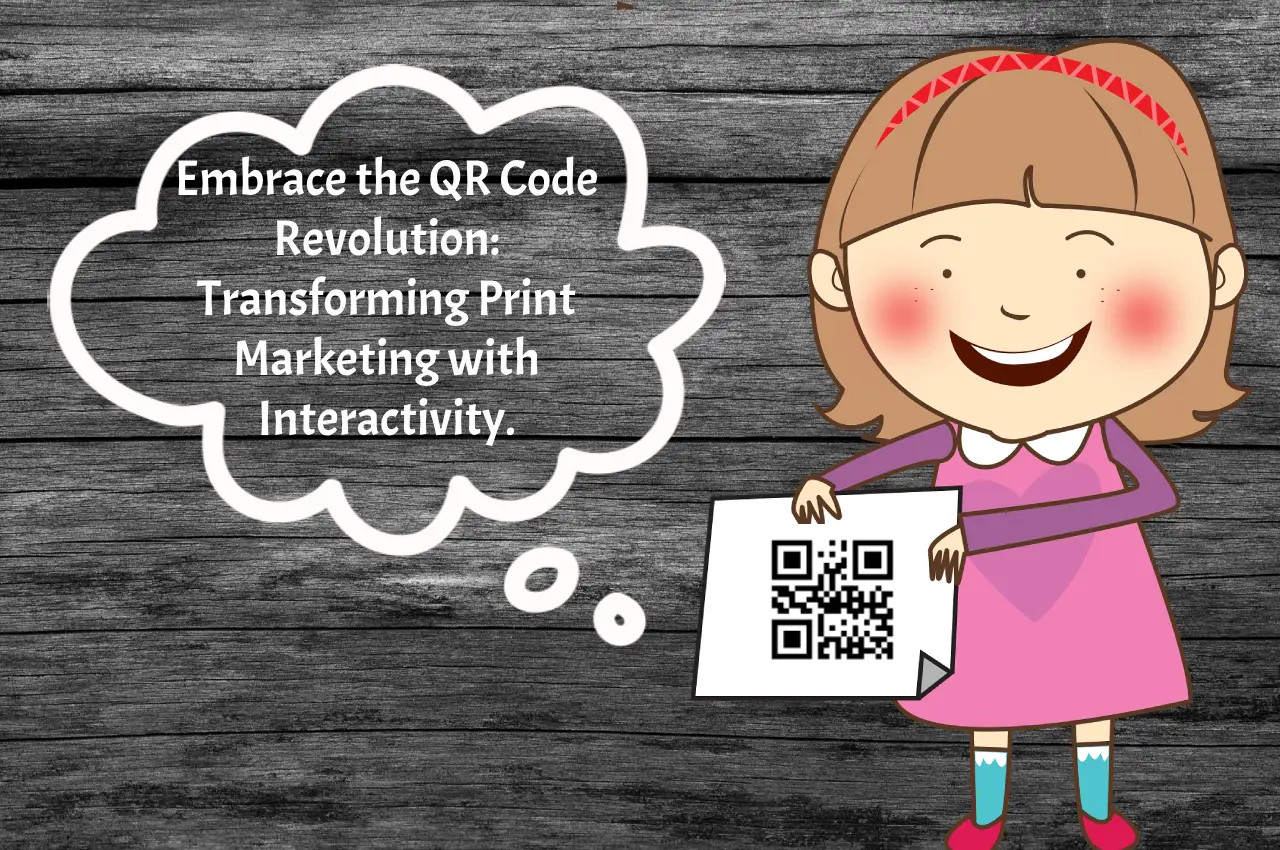Crafting a blockbuster movie isn’t just about assembling a talented cast and crew or having a compelling storyline. In today’s fiercely competitive entertainment industry, marketing plays a pivotal role in determining whether a film will soar at the box office or fall into obscurity. Welcome to the behind-the-scenes world where effective movie marketing makes or breaks movies.
Understanding the Marketing Mix
In the dynamic landscape of Hollywood, successful marketing hinges on a combination of strategies tailored to captivate audiences. From engaging trailers and captivating posters to strategic social media campaigns, every element of the marketing mix plays a crucial role in generating buzz and anticipation.
Target Audience Analysis
Effective movie marketing begins with a deep understanding of the target demographic. By conducting thorough audience analysis, filmmakers can tailor their messaging and promotional efforts to resonate with specific segments of the population. For example, a family-friendly animated film may prioritize reaching parents through parenting blogs and forums, while a gritty action flick might target young adult males through gaming platforms and sports events.
Cultural Sensitivity and Localization
In an increasingly globalized market, cultural sensitivity and localization are paramount. What resonates with audiences in one region may not necessarily translate well to another. Effective marketing campaigns take into account cultural nuances, language preferences, and regional trends to ensure maximum impact and relevance. For instance, promotional materials may be adapted to reflect local customs, holidays, and sensibilities, fostering a stronger connection with audiences worldwide.
Strategic Partnerships and Cross-Promotion
Collaborating with complementary brands and partners can amplify the reach and impact of effective movie marketing campaigns. Strategic partnerships enable filmmakers to tap into existing fan bases and leverage the promotional efforts of partner organizations. Whether through co-branded merchandise, cross-promotional events, or exclusive content collaborations, such alliances can extend the reach of a film beyond traditional channels and generate excitement among diverse audiences.
Data-Driven Decision Making
In the era of big data, analytics play a crucial role in shaping marketing strategies and optimizing campaign performance. By leveraging data insights and predictive analytics, filmmakers can identify trends, anticipate audience preferences, and fine-tune their promotional efforts for maximum effectiveness. They can track social media engagement metrics and analyze audience demographics and behavior patterns. Data-driven decision-making empowers marketers to allocate resources strategically and drive measurable results.
Sustainable Marketing Practices
As environmental awareness grows, the film industry is increasingly embracing sustainable marketing practices. Filmmakers are seeking innovative ways to minimize their environmental footprint while maximizing their impact. They use eco-friendly promotional materials and carbon-neutral production processes. By aligning marketing initiatives with sustainability goals, studios can reduce costs and resource consumption. Additionally, they can enhance brand reputation and resonate with environmentally conscious audiences.
Community Engagement and Grassroots Marketing
Building a loyal fan base requires more than just flashy trailers and celebrity endorsements. Authentic community engagement and grassroots marketing efforts are essential for fostering meaningful connections with audiences. Whether through fan events, sneak previews, or interactive online forums, filmmakers can empower fans to become ambassadors for their projects, driving word-of-mouth buzz and generating organic excitement that money can’t buy.
Post-Release Engagement and Long-Term Brand Building
The journey doesn’t end with a film’s release; it’s just the beginning of a long-term relationship with audiences. Post-release engagement initiatives such as Q&A sessions, behind-the-scenes documentaries, and interactive fan experiences help sustain interest and keep audiences invested in a film long after its initial run. Moreover, successful films can spawn sequels, spin-offs, and expanded universes, creating opportunities for ongoing brand building and franchise development.
The Power of Hype
Remember the frenzy surrounding the release of the latest Marvel Cinematic Universe instalment or the anticipation leading up to a highly-anticipated sequel? That’s the power of hype in action. Effective movie marketing generates excitement and anticipation, transforming a movie release into a cultural event.
Navigating the Digital Age
In today’s digital age, social media platforms have become the battlegrounds where movie studios vie for audience attention. Through strategic hashtags, behind-the-scenes glimpses, and interactive content, filmmakers can forge direct connections with their target demographic, fostering loyalty and engagement.
From Screens to Streets
Marketing transcends traditional mediums, extending its reach beyond movie screens to influence consumer behavior in the real world. Merchandise tie-ins, experiential events, and immersive activations transform movie releases into multi-dimensional experiences, creating lasting impressions on audiences.
Case Studies: Marketing Triumphs and Pitfalls
Let’s delve into real-world examples to understand the impact of effective movie marketing on movie success.
The Avengers Franchise: Marvel Studios revolutionized movie marketing by meticulously crafting interconnected narratives and leveraging fan engagement to build anticipation for each new installment. Through cleverly orchestrated teaser campaigns and cross-promotional tie-ins, the studio transformed superhero movies into global phenomena.
Cats (2019): Despite boasting a star-studded cast and a beloved source material, the film adaptation of Andrew Lloyd Webber’s musical faltered at the box office due to a marketing misfire. The uncanny valley-esque CGI, combined with a lackluster trailer and tepid critical reception, resulted in a disconnect with audiences, highlighting the importance of aligning marketing efforts with audience expectations.
The Path Forward: Navigating Trends and Innovations
As technology continues to evolve, so too must marketing strategies in the film industry. From the rise of influencer partnerships to the emergence of virtual reality experiences, staying ahead of the curve is essential for capturing audience attention in an increasingly crowded marketplace.
The Art and Science of Movie Marketing
In the ever-evolving landscape of cinema, marketing serves as both an art and a science. It shapes audience perceptions and drives box office success. By understanding the intricacies of audience engagement, filmmakers can harness the power of digital platforms. Embracing innovation allows them to elevate their projects from mere releases to cultural phenomena.
What are your thoughts on the role of effective movie marketing in movie success? Have you ever been swayed by a particularly compelling trailer or social media campaign? Share your experiences and insights in the comments below!





